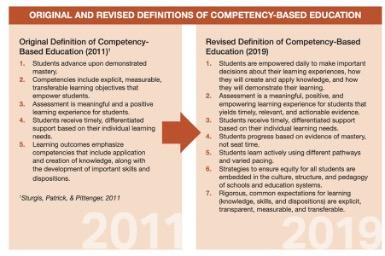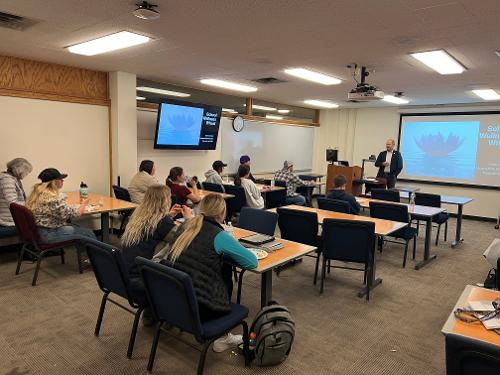MSU Bozeman Subaward Project
Faculty/Staff Professional Development Series
Proficiency-systems in higher education
Demonstrated examples of various university systems of course designs that incorporate aspects of proficiency or competency-based approaches (involved reading Levine & Patrick, 2019)
Explored resources from other universities and discussed course design framework developed by Townsley & Schmid (2020)
Proficiency systems in K-12 in Montana
Explored specific tools and polliocies within K-12 system
Engaged in discussions on strengths and weaknesses of particular proficiency scales and the related shifts in instruction and grading.
Focused book-club style discussions around the School Wellness Wheel to explore how mastery models, such as PBE and CBE, should be implemented alongside trauma-informed and culturally responsive approaches.
Outcomes and Next Steps
Outcomes
The faculty and staff reported some confidence in being able to explain proficiency models in both K-12 and higher education and create tools for their own courses.
There is a desire to continue working and either expand the work they are already doing or explore what proficiency models might look like at the department level.
A survey of particpants revealed an even split between the following
- Developing learing targets or competencies for my course,
- Incorporating concepts of PBE for pre-service teachers into my courses,
- Generating proficiency scales for department assessments, and
- Engaging in a discussion on PBE during curriculum review in Spring 2024.
Participant Quote: "The focus seems to be on the competency based learning which is important but AI can assist with that, what was most inspiring for me was that trauma informed /culturally responsive pedagogy were doubly important. Specifically, since the accountability movement began in a generation or two ago, we have emphasized the importance of student-content relationship and although teacher-student relationships are given lip service such relationships are not consistently prominent in instructional models. The wellness wheel addresses this gap in an important way."
Next Steps
Allow further conversations regarding both proficiency in K-12 and higher education contexts,.
Potentially revisit this within the structures that exist in the department (for instance, the curriculum review).
Encourage interested faculty to join the conversation on Discord.


